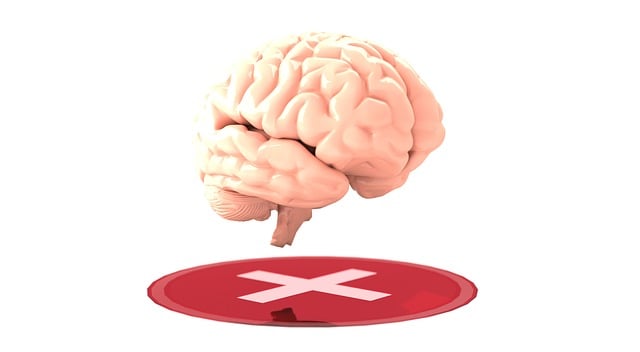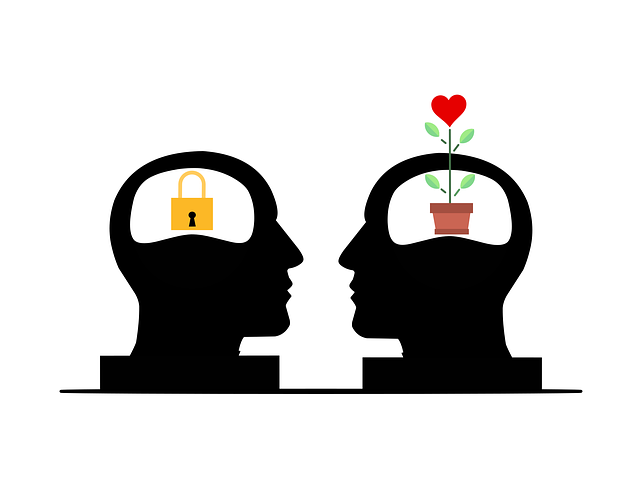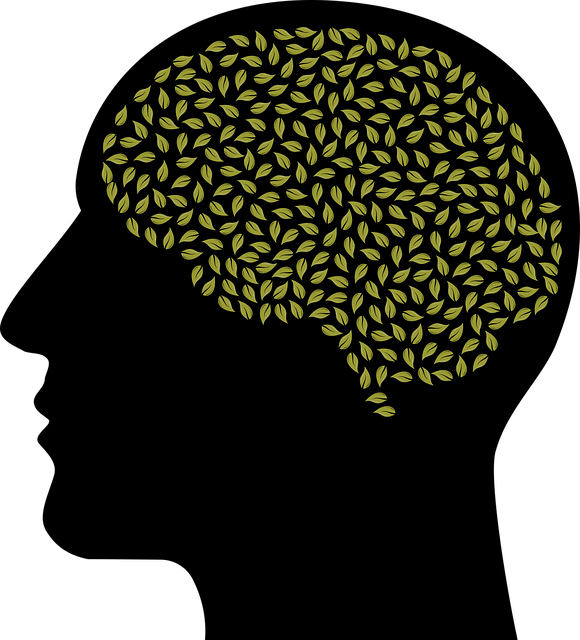Wheat Ridge Blended Families Therapy specializes in supporting blended families with diverse emotional backgrounds through tailored emotion regulation techniques. They teach trigger recognition, coping strategies, and risk management planning. Mindfulness exercises, cognitive reframing, and journaling promote mental wellness, while community outreach programs extend support networks. Implementing learned skills into daily life, with cultural sensitivity, builds resilience and empowers individuals to maintain healthy emotional habits over time.
Emotion regulation is a vital skill, especially for families navigating the complexities of blended households. This article explores effective techniques to empower individuals within these unique families to manage their emotions healthily. We delve into the significance of emotion regulation in fostering strong relationships and providing a stable environment. Through practical strategies, therapists in Wheat Ridge Blended Families Therapy can guide clients in developing emotional resilience, enhancing overall well-being, and strengthening family bonds.
- Understanding Emotion Regulation and Its Importance for Blended Families
- Practical Techniques to Teach Emotion Regulation in a Therapeutic Setting
- Implementing and Sustaining Emotion Regulation Skills in Daily Life
Understanding Emotion Regulation and Its Importance for Blended Families

Emotion regulation is a vital skill, especially within blended families where individuals bring diverse emotional backgrounds and experiences. Understanding and managing emotions effectively can significantly enhance family dynamics and overall well-being. Wheat Ridge Blended Families Therapy recognizes this need and offers specialized support to help these families navigate their unique challenges.
For many blended families, emotional healing processes involve learning to recognize and accept individual and collective emotional triggers. Through therapy, members are equipped with tools to respond rather than react to intense emotions, fostering a more harmonious environment. Risk management planning for mental health professionals plays a crucial role in this process, ensuring that family members have strategies to cope with potential stressors and conflicts. Additionally, community outreach program implementation can provide additional resources and support, creating a network of care around the family.
Practical Techniques to Teach Emotion Regulation in a Therapeutic Setting

Teaching emotion regulation skills is an essential part of therapeutic work, especially when catering to diverse populations like those in Wheat Ridge Blended Families Therapy. Here, practitioners can employ a range of practical techniques to support clients in managing their emotions effectively. One powerful tool is cognitive reframing, where therapists help individuals identify and challenge negative thought patterns, replacing them with more balanced perspectives. This strategy empowers clients to navigate challenging situations with increased emotional resilience.
Additionally, mindfulness exercises tailored for mental health have proven effective. Encouraging clients to engage in mindful breathing or body scans can help ground them in the present moment, reducing impulsive reactions. Incorporating these practices into therapy sessions can foster a sense of calm and self-awareness, enabling better emotional regulation. The Mental Wellness Journaling Exercise Guidance, coupled with Mind Over Matter Principles, offers a structured approach for clients to track their emotions, identify triggers, and reflect on coping strategies, ultimately enhancing their mental health policy analysis and advocacy efforts.
Implementing and Sustaining Emotion Regulation Skills in Daily Life

Implementing emotion regulation skills learned through therapy, like those offered at Wheat Ridge Blended Families Therapy, into daily life is a crucial step towards maintaining mental wellness. It requires consistent practice and patience to effectively navigate emotional challenges as they arise. Individuals must find strategies that resonate with their unique needs and preferences, whether it’s mindfulness exercises, cognitive reframing, or physical activities that help process intense feelings. Incorporating these techniques seamlessly into daily routines can foster a sense of control and resilience against overwhelming emotions.
Cultural sensitivity in mental healthcare practice plays a significant role in this process. Recognizing and respecting individual cultural backgrounds enhances the effectiveness of emotion regulation coaching, as it considers diverse perspectives on emotional expression and coping mechanisms. Moreover, building confidence through mental wellness coaching programs development can empower individuals to persist in their journey, ensuring they have the tools and motivation to sustain healthy emotional habits over time.
Emotion regulation techniques play a pivotal role in fostering healthy relationships, particularly within blended families. By understanding the unique dynamics of these families and employing practical strategies, therapists at Wheat Ridge Blended Families Therapy can empower individuals to navigate emotional challenges effectively. Through structured teaching and consistent practice, skills like mindfulness, cognitive reappraisal, and acceptance become integral parts of daily life, leading to improved well-being for all involved.











